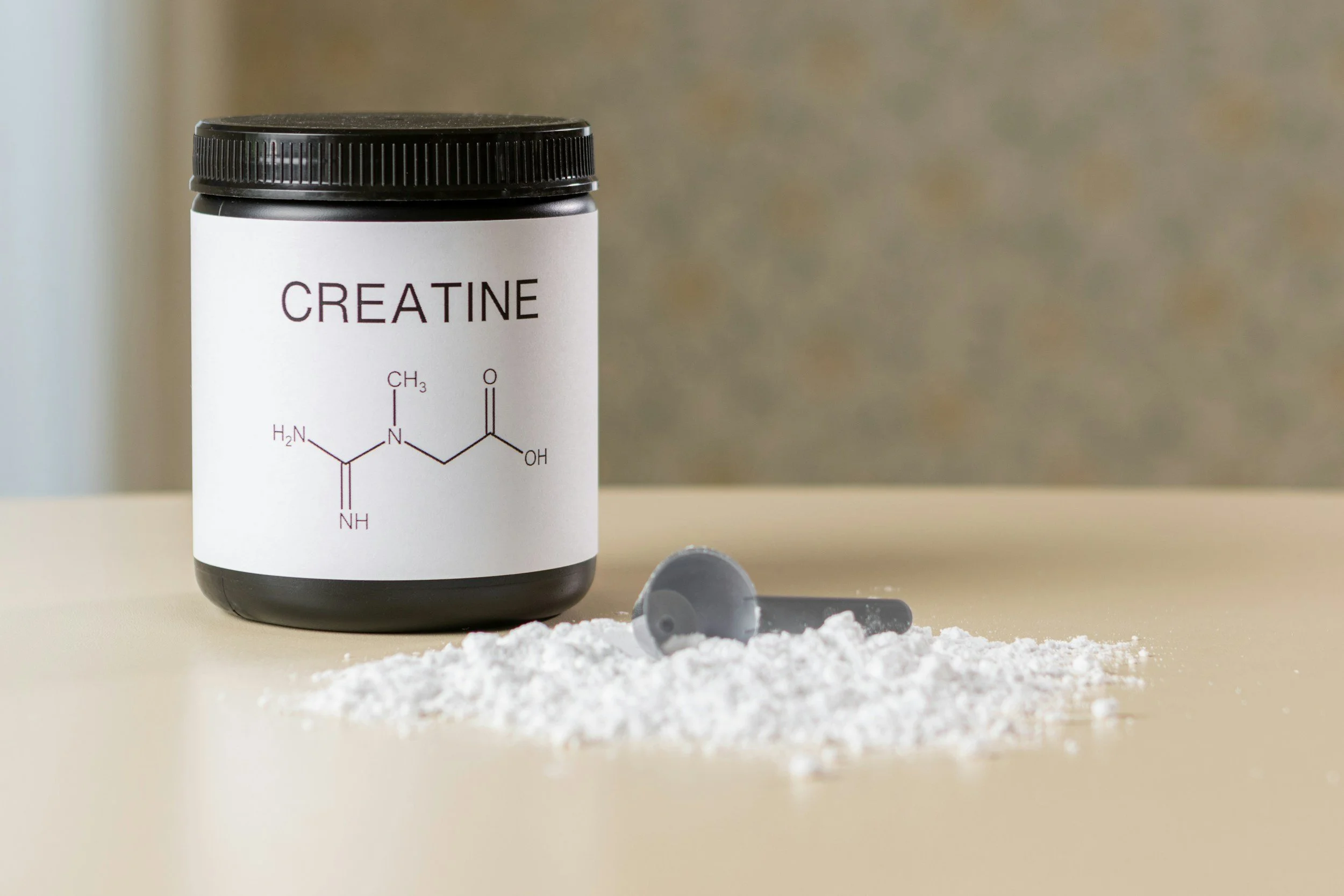Hot flashes and night sweats, collectively known as vasomotor symptoms (VMS), are among the most common and disruptive symptoms of perimenopause and menopause. While these sudden waves of heat and perspiration are often seen as merely uncomfortable, emerging research suggests they may also be linked to long-term cardiometabolic health risks. Understanding this connection can help women take proactive steps to protect their heart and metabolic health during this transition.
Read MorePerimenopause, the transitional phase (2-8 years) leading up to menopause, brings significant hormonal changes that can affect a woman's overall well-being. One issue that is not widely discussed but plays a crucial role in hormonal health is progesterone resistance. This condition occurs when the body's tissues become less responsive to progesterone, leading to an imbalance with estrogen and a range of symptoms. Let’s explore what progesterone resistance is, why it happens, and how to manage it.
Read MoreWhen starting a resistance training program, many women ask me: How soon will I see results? The answer depends on several factors, including training frequency, intensity, nutrition, and individual genetics. However, most women can expect to notice changes within just a few weeks.
Read MoreAs women transition through perimenopause and menopause, their bodies undergo significant hormonal shifts that impact metabolism, muscle mass, bone health, and overall well-being. One key nutrient that becomes increasingly important during this stage is protein.
Protein is essential for muscle preservation, metabolic health, bone strength, and hormonal balance, making it a crucial part of a healthy diet during midlife and beyond. In this blog, we’ll explore how much protein perimenopausal and menopausal women need, why it’s essential, and how to incorporate it into your daily diet.
Read MoreEndometriosis is a complex medical condition affecting millions of women and people assigned female at birth (AFAB) worldwide. It’s not just a “bad period,” as it’s sometimes mischaracterized—it’s a chronic disease that can significantly impact quality of life. This blog post explores what endometriosis is, the signs and symptoms to watch for, and how it develops in the body.
Read MoreEndometriosis is a chronic and often painful condition affecting millions of people worldwide. It occurs when tissue similar to the lining of the uterus (endometrium) grows outside the uterus, commonly on the ovaries, fallopian tubes, or the pelvic lining. This misplaced tissue behaves like normal uterine tissue—thickening, breaking down, and bleeding with each menstrual cycle—but has no way to exit the body, causing inflammation, pain, and scar tissue formation.
Read MoreHormonal health is essential for overall well-being, especially for women, whose hormones regulate everything from menstrual cycles to mood, energy, and fertility. Unfortunately, exposure to environmental toxins, also known as endocrine-disrupting chemicals (EDCs), can interfere with hormone production, signaling, and balance.
Read MorePerimenopause and menopause mark significant transitions in a woman’s life, often accompanied by physical, emotional, and metabolic changes. As hormone levels fluctuate, many women experience reduced muscle mass, strength, and bone density, alongside fatigue and cognitive challenges. While lifestyle interventions like exercise and a balanced diet remain foundational, research increasingly highlights the potential of creatine supplementation as a valuable ally during this stage of life.
Read MorePolycystic Ovary Syndrome (PCOS) is a common hormonal disorder affecting an estimated 10-20% of women of reproductive age worldwide. PCOS symptoms vary but often include irregular periods, weight gain, excess hair growth, acne, and infertility. One of the lesser-known aspects of PCOS, but a key component, is insulin resistance, which can significantly impact health and symptom management. Understanding the connection between PCOS and insulin resistance can empower women to make informed lifestyle changes that improve their quality of life and long-term health outcomes.
Read MoreWhen we think about hormone health, the gut may not be the first thing that comes to mind. However, emerging research has revealed a strong connection between our gut health and estrogen regulation, a hormone essential for many functions in the body.
Estrogen is not only responsible for sexual and reproductive health but also plays a role in bone density, heart health, mood, and even metabolism. Understanding the gut-estrogen link could help us improve overall wellness and prevent conditions tied to hormonal imbalances, including PMS, menopausal symptoms, and even certain types of cancer.
Read More









